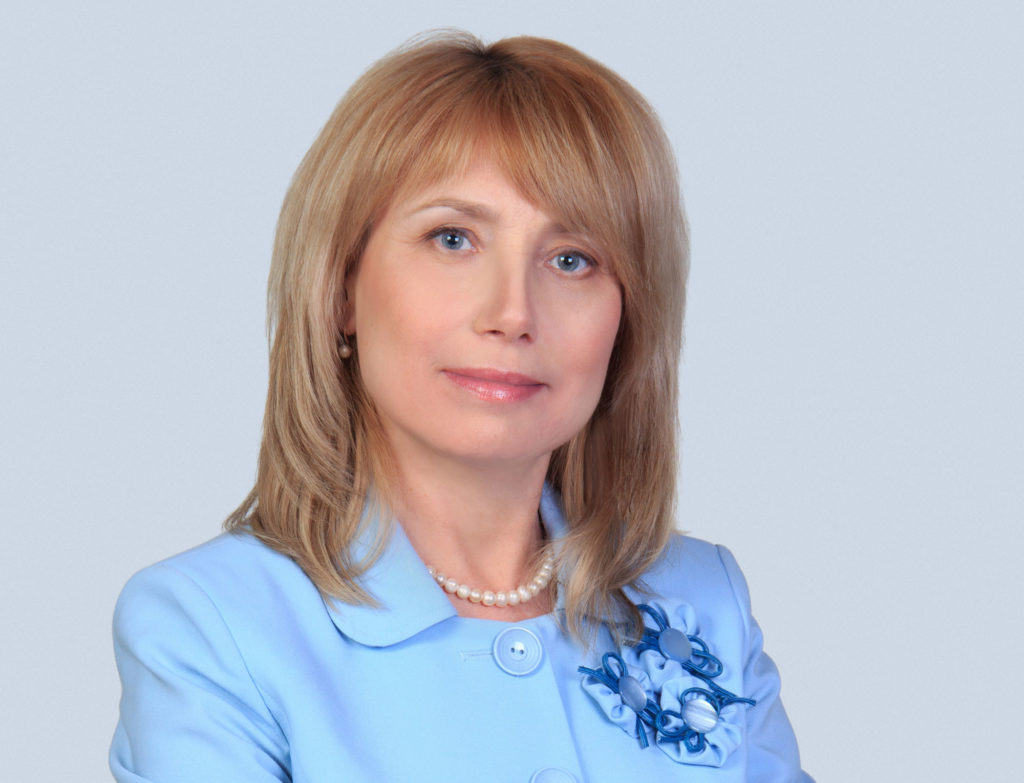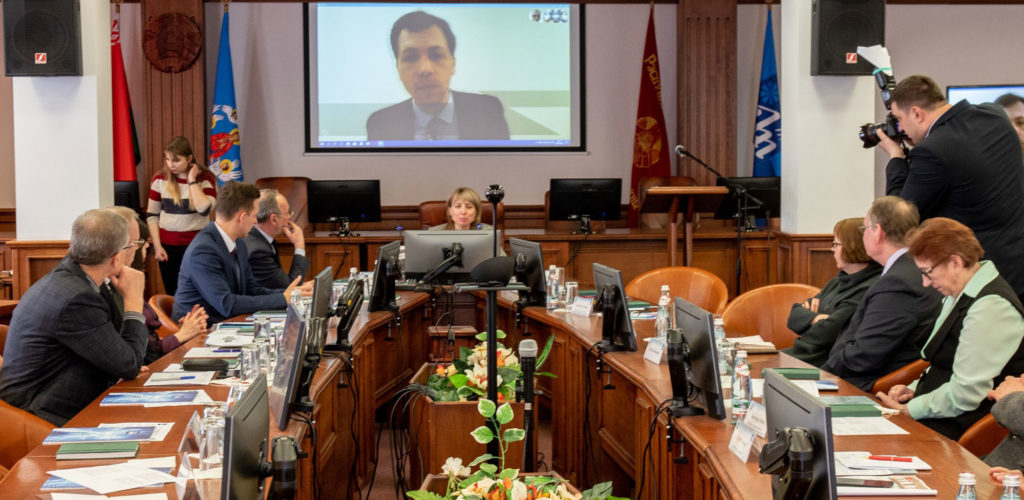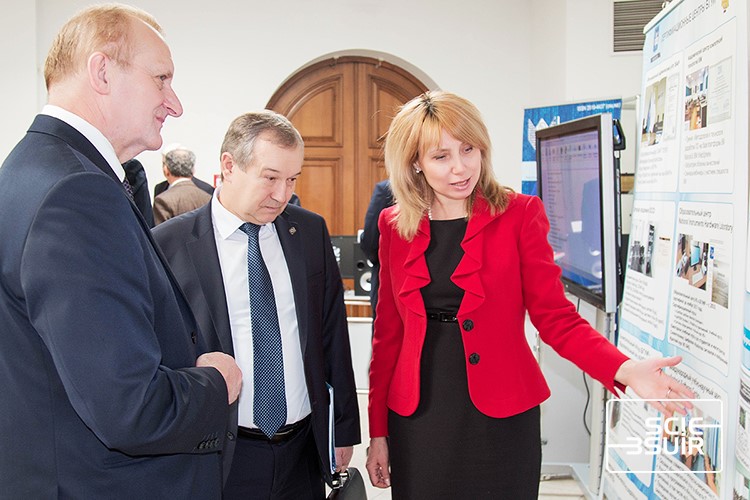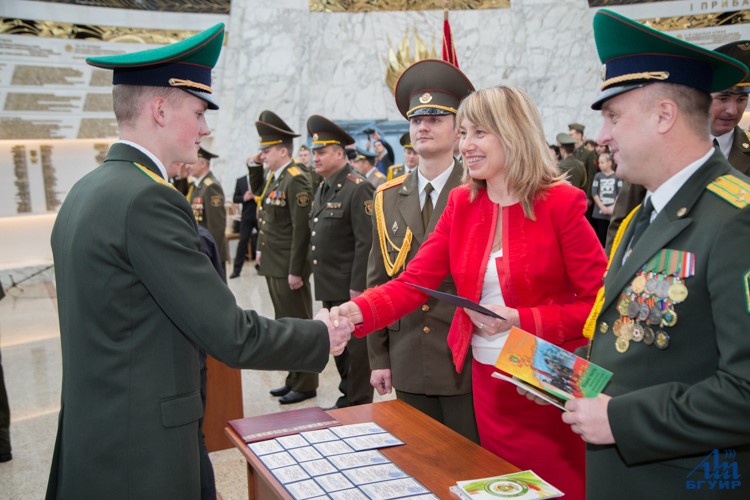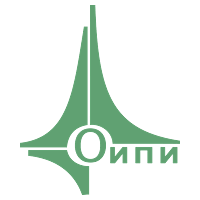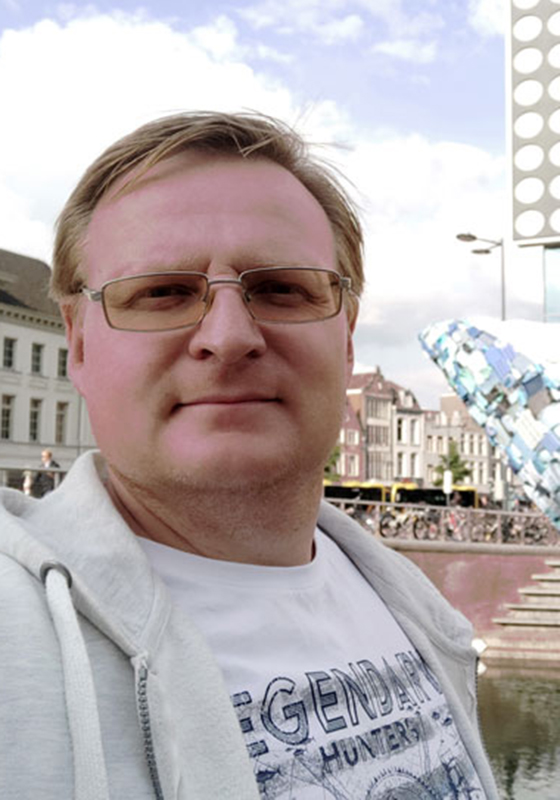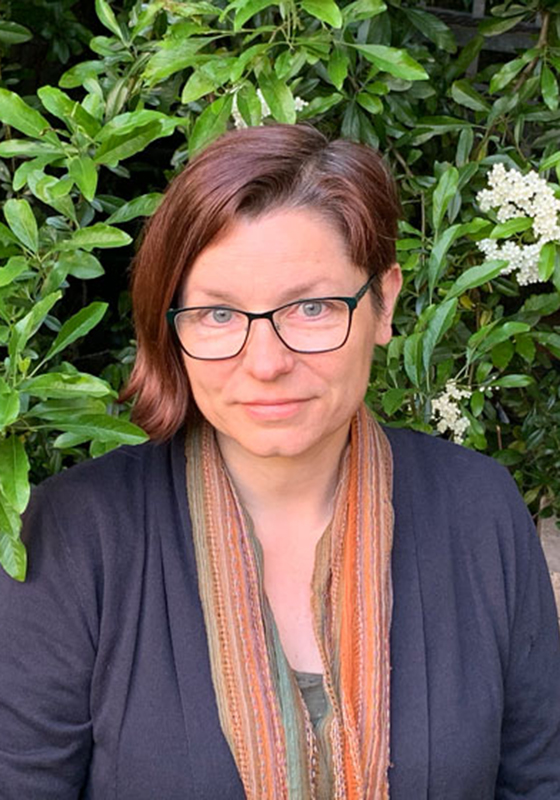With a background in IT as a Systems Engineer and in educational policy and reform, Dr. Helena Zhivitskaya became the first female Dean and then Vice-Rector at the Belarusian State University of Informatics and Radioelectronics (BSUIR). She is the author of over 170 scientific works & publications, including 4 monographs, and 11 textbooks. In 2017 she was a panellist in the Eastern Partnership E-infrastructures Conference (EaPEC) held in Minsk, organised by the EU-funded EaPConnect project and its Belarusian partner BASNET. Recently she took on a new role at the International Atomic Energy Agency (IAEA). We asked her about her experiences with research and education networking and how they fit with her past and new roles.
Q: How important are computing, other technologies and international collaboration in education?
Extremely important! The mission of the modern university is determined by new challenges:
- Ensuring social stability;
- Ensuring a modernisation breakthrough, implementation of innovations;
- Creating and supporting a platform for communication as a place for the production of information and knowledge;
- Promoting the building of knowledge of a new society;
- Internationalisation and support of cultural traditions.
These challenges cannot be solved without the introduction and use of new technologies, especially for BSUIR, which is Belarus’s leading IT university.”
Q: What is the greatest achievement in educational reform in Belarus?
I think that this is, first of all, close cooperation with organisations of the real sector of the economy, the current practice-oriented education, the involvement of IT specialists in educational activities, and finally, the transition to University 3.0 and the Bologna Process.
The most important challenge for our country some time ago was harmonisation of the principles of the educational process. The answer was the implementation of the Bologna Process as a response to globalisation in education. 20 years ago, higher education was more elite; now 90 percent of school and college graduates go to university. This is a global trend. The number of students and the age of students are growing. All these are new conditions to which it is necessary to adapt, and the ongoing reforms should not adversely affect the current generation. We do not have the opportunity to test new technologies on some students and implement them on others. It is necessary to use international experience, therefore various international organisations play an active role in our educational strategy to guarantee the quality of education.”
Q: How did you first get to know BASNET, the Belarusian national research and education network (NREN) based at the National Academy of Sciences in the United Institute of Informatics Problems?
We have always had good relations with the NAS of Belarus. Colleagues from UIIP NASB teach at our university. And this fact is very important, because in this way students can feel from the inside what computer science means, even if they are not going to connect their lives directly with science.
In 2017, the organisers of the EaPEC conference invited me to take part in a panel session and discuss where to move in terms of innovations. It was a very important year for the IT field in Belarus, because a new concept for promoting digital technologies was being prepared, and, of course, education was its basis.”
Q: Following EaPEC 2017 you asked BASNET to set up eduroam educational wifi roaming at BSUIR. What had you learned about eduroam during the conference that made you want it for your institution?
Before the conference, I began to study BASNET activities, because I liked the ideas the EaPConnect project promotes. Development of educational infrastructure using ready-made solutions and services, joining the family of world researchers, teachers and students – how could BSUIR be on the side of these processes? Of course, together with BASNET we did everything for eduroam to become available at the university.
As for the conference itself, it was held at an excellent level. I am impressed by this format when the organisers went beyond the framework of a scientific event without losing significance for science and education. I saw many students during the sessions, which meant that the discussed topics attracted representatives of all the players in the R&D infrastructure. eduroam is one of many services offered by GÉANT and, despite the development of 4G and higher technologies, the use of this service allows us to break the boundaries of communication and connectivity when visiting campuses and conferences throughout Europe. And it’s really cool!”
Q: What do you see as the NREN’s main values and benefits more generally to Belarus?
Having worked in the field of education and representing various interests in the field of Systems, I can say for sure that, despite decentralisation tendencies, the most important role in the development of infrastructures is the function of an ambassador. In my opinion, an NREN is a focal point for the growth and distribution of services, which makes BASNET special for Belarus. It is important that this fact is now understood in Europe.”
Q: What motivated you to work in the area of educational policy and reform? Did you ever face challenges in your career because you are a woman?
I believe that I was lucky to work in a progressive university with very great specialists, wonderful teachers and interesting personalities. I never had any problems, my colleagues rather helped to achieve goals. I am extremely grateful to them for the support that they provided me at all stages of my personal career path.
I graduated with a degree in automation of technological processes and industrial production and became a specialist in automation of information flow management. Also, I have an MBA degree. Immediately after defending my Ph.D., I was lucky that a new specialty, Economic Informatics, opened at the University, and I was invited to lecture there. In the early 2000s, a new specialty “Information Systems and Technologies in Economics” was opened in BSUIR and I was offered work as Deputy Dean of the Faculty of Engineering and Economics. After a short time I was appointed as Dean of the faculty, the first female Dean in the history of the university. After 5 years, I became a Vice-rector. Since then in the BSUIR women Deans and heads of departments began to appear, who are very successful in their tasks. Currently, 4 faculties in BSUIR are run by women.
And what prompted me to work in this area? The love of IT technologies, management in education, and also I was attracted by the possibility of influencing the development of education in Belarus. With my participation, a number of normative documents were developed, and my personal suggestions were taken into account in the Education Code of Belarus. I consider this my personal achievement.”
Q: In 2015 you were recognised as “The Best Quality Manager” in Belarus in a national contest. Do you think you have helped to inspire other Belarusian women in their careers?
Under my direction, a quality management system was developed and implemented, and during my work as vice-rector, the university was twice awarded the prize of the Government of the Republic of Belarus for achievements in the field of quality management. Regarding the title of “Best Quality Manager”, it was very honourable, certainly affected my reputation as a leader, and I am sure that this proves an adequate approach to gender issues. I am very glad if someone will be inspired by my example.
Yes, I was, in some sense, a pioneer. As part of the TIBO Exhibition and Congress, I was one of the initiators of a new “Women in IT ” project competition. Many women were definitely inspired to do IT, more than 100 applications were received. The 15 best projects were selected and supported by ‘business angels’ who helped women to realise their business ideas. We found an interesting pattern: general competitions (where the vast majority of applicants were men) already existed, and mostly the projects were connected with the development of games or some kind of applied systems. Our competition gave a start to projects with a highly social orientation, aimed at solving serious social problems.”
Q: More recently you took on a new role in the IAEA. That sounds like a big change of direction, but is it?
In fact, my transfer to the UN in the IAEA section did not become a radical change of direction. Perhaps it is better to consider this as a professional advancement in the field of Learning and Development. To work on a qualitatively new level and at the same time represent the interests of not only Belarus, but also apply my knowledge at the international level is another challenge that I have made for myself. I participated in the competition on a common basis, which once again confirms the quality of our education as well as the fact that a woman can achieve the desired professional result.”
Q: Are there any experiences or lessons learned from your interactions with R&E networking that you think could prove useful in this new context?
R&E networks must evolve based on the experience of IT networks. Due to my initiative, a training network on nuclear technologies ‘STARNET’ was created, which included 15 universities from 7 countries. At one time I was vice president of this network. Now, at the IAEA, I am also involved in supporting educational networks.”
Q: If you could send one message to the international community of research and education networks from your perspective in a university and in educational reform, what should they know?
To be developed in order to transfer knowledge, to be closer to the user.”
Q: And what would you say to girls and young women starting out on their studies or career?
To love what you do, do not be afraid to set ambitious goals and achieve results.”

